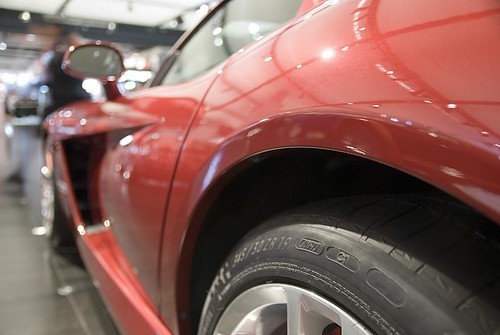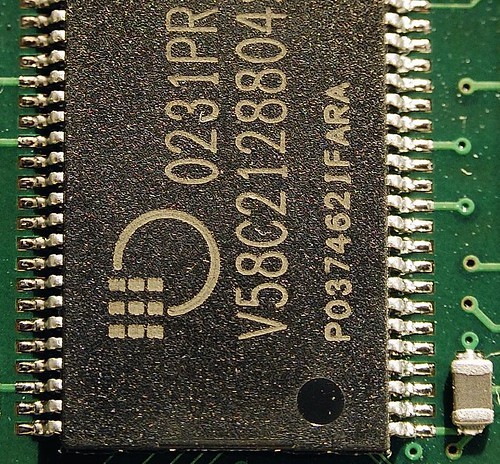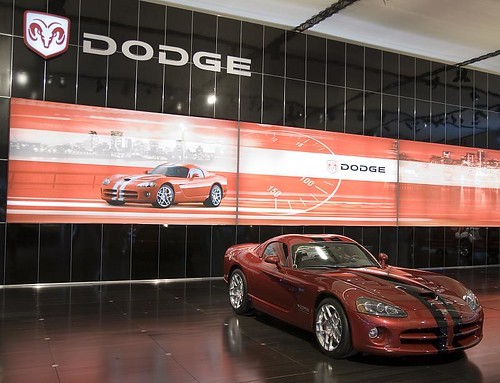Good discussion.
I've tried some third-party glass and have generally found that you get what you pay for when it comes to lenses. The third-party stuff may perform as well as or even better than the OEM brand lenses that cost a lot more in magazine testing, but there's a lot more to lenses than magazine test results. Some of these third-party lenses while sharp, often have hideous bokeh rendering. Ugly bokeh easily ruins portrait shots, and this isn't commonly tested in magazines. Sometimes there's an odd color shift that results in weird looking photos if the lens propagates different colors with varying efficiency. Overall color and contrast just aren't the same more often than not. Those MTF sharpness tables are tested at varying focal lengths and apertures, but at only ONE optical frequency. What about everything else? (here's where your test matrix quickly snowballs, lol) What about focusing speed? What about focus accuracy? What about tracking ability? What about reliability? What about build quality and durability? What about "sample variation"? You never stop hearing about sample variation and focusing issues with third-party lenses, but it's truly rare to hear about it at all on the OEM branded stuff. And you know that Sigma/Tamron/Tokina PR isn't just going to send a random sample of one of their lenses to the press for testing. Samples are cherry-picked, just like for automotive testing. So what you see in the mags might not necessarily be a good representation of what somebody buying a retail copy of the lens will truly get.
Clearly the OEM branded lenses are built to much higher standards. It's enormously difficult to make a lens do all things well at the same time, and when you try that's when it ends up costing a lot of money. Top of the line professional glass is going to be overkill for most hobbyists and amateurs. It's sorta like a luxury branded car. Yeah they're nice to have if you can afford them, but not needed for most people.
I have a Tokina 28-70mm f/2.8 AT-X Pro II lens, similar to the 28-80 that Mike_E pointed out above. It's a very nice piece of glass with truly outstanding build quality for the price I paid for it - $250 used. For the money, it's a great lens, but it's
most definitely no $1400 Nikkor 28-70mm f/2.8. It just isn't, and if you try to convince yourself that it is you're kidding yourself. All of that extra money buys you something, and it won't all necessarily come across in synthetic magazine tests. Just like the essence of the performance and/or handling characteristics of a car won't necessarily come across in acceleration or skidpad numbers. If you're a professional competing with other professionals for business, definitely get the PRO glass. For all hobbyists and amateurs or enthusiasts, it's an optional luxury item sorta like deciding whether to splurge on a BMW, or to just get a Toyota which is "nice", but no BMW.
That said, if anybody wants a Nikon mount Tokina 28-70mm f/2.8 AT-X Pro lens, I have one for sale. PM me.

It got replaced with a Nikkor 17-55DX f/2.8 which costs 5 times more, and is simply an amazing lens. Images come straight off the camera looking hot with no post-processing needed, not even sharpening. The color, contrast, bokeh, sharpness, even wide open, is just "there". It also has machine-gun like tracking with the AF-S motors clicking at about 3-5 Hz. Is the Tokina bad? No, but it's simply no Nikkor. Do I truly "need" this professional lens? No. I could have gotten by just fine with the Sigma or Tamron versions for a lot less money. I don't shoot weddings or other things for a second source of income and only really do it for fun and for the experience when my buddy who
does do it for additional income calls me up to come along as a backup. But I nearly killed myself at the office last year, finally got my big bonus, use this range all the time, and wanted to reward myself with something nice to shoot my 11 month old with, who is only going to be 11 months old once, (and 10 months, and 9 months, and 1yr, etc). For a car I'd rather have a Toyota and am not too particular. I'd rather shoot with "BMW" lenses, though.

BTW, not even a week after getting this lens, my daughter already managed to accidentally give it a good whack with a not so lightweight solid wooden rattle that she has.


I would have been seriously scared with either the Tamron or Sigma lenses, but it didn't even faze the Nikkor, nor would it have the Tokina, both of which are built to very high standards mechanically. Considering I'm down on the floor shooting my daughter a lot, I'd much rather have a well-built Tokina than a perhaps optically better Sigma or Tamron if they're not going to take any "abuse", lol. Tokina has a 16-50mm f/2.8 which is rather pricey but well-built, but also got panned optically, even in magazine reviews. I never considered it, but it might be worth looking into for somebody else.


 I would have been seriously scared with either the Tamron or Sigma lenses, but it didn't even faze the Nikkor, nor would it have the Tokina, both of which are built to very high standards mechanically. Considering I'm down on the floor shooting my daughter a lot, I'd much rather have a well-built Tokina than a perhaps optically better Sigma or Tamron if they're not going to take any "abuse", lol. Tokina has a 16-50mm f/2.8 which is rather pricey but well-built, but also got panned optically, even in magazine reviews. I never considered it, but it might be worth looking into for somebody else.
I would have been seriously scared with either the Tamron or Sigma lenses, but it didn't even faze the Nikkor, nor would it have the Tokina, both of which are built to very high standards mechanically. Considering I'm down on the floor shooting my daughter a lot, I'd much rather have a well-built Tokina than a perhaps optically better Sigma or Tamron if they're not going to take any "abuse", lol. Tokina has a 16-50mm f/2.8 which is rather pricey but well-built, but also got panned optically, even in magazine reviews. I never considered it, but it might be worth looking into for somebody else.






